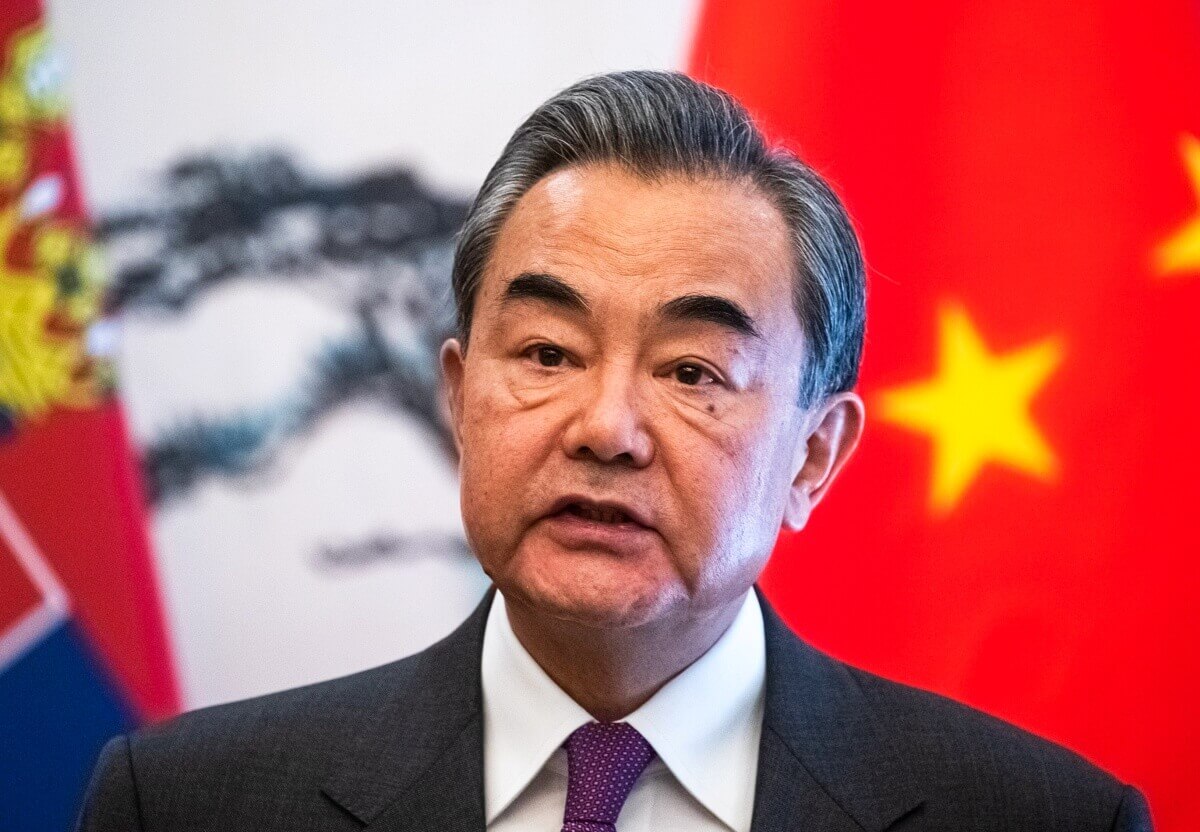At an international forum in Tibet, Chinese Foreign Minister (FM) Wang Yi said on Thursday that countries must respect each other’s territorial sovereignty.
Wang’s Comments
Addressing the opening ceremony of the 3rd China Xizang Trans-Himalaya Forum for International Cooperation in the southwest province of Tibet, Wang noted that “countries around the Himalayas are geographically connected, have similar cultures and share a common destiny,” and must therefore, “adhere to mutual respect and trust” and “enhance exchanges and mutual learning.”
In reference to allegations of Beijing attempting to homogenise the province ethnically, the FM also invited foreign guests to visit Tibet and “witness with their own eyes the great achievements in Tibet’s economic and social development, the happy lives of the people of all ethnic groups… and the sound inheritance and protection of Tibetan culture.”
“Facts will prove that the Tibet-related lies, concocted by some Western forces out of ideological bias, are completely untenable and will fall flat in the face of facts,” he declared.
"to visit Tibet without restrictions so they can see the facts for themselves. And if China is serious about respecting sovereignty, it should get back to the negotiating table with Tibetan leaders to reach an agreement that will respect Tibetans’ autonomy in their own land." 2/3
— International Campaign for Tibet (@SaveTibetOrg) October 5, 2023
The comment appeared to be a veiled jab at India, with whom tensions run high on many border issues, including Tibet.
Wang’s Suggestions
Wang also proposed five suggestions for deepening regional cooperation:
- Adhere to mutual respect and trust, and jointly safeguard regional unity around the Himalayas,
- Deepen mutually beneficial cooperation,
- Accelerate green transformation and sustainable regional economic development,
- Strengthen connectivity and promote the process of regional integration,
- Enhance exchanges and mutual learning and revitalize ancient civilisations.
International Reactions
The Indian government has not responded to Wang’s comments.
However, Washington D.C.-based non-profit the International Campaign for Tibet said in a statement on Thursday that “It’s time for China to stop having one-sided conversations and instead open Tibet for dialogue and press freedom.”
In a post on the microblogging website X, formerly known as Twitter, the NGO’s President Tencho Gyatso said: “If the Chinese government truly believes foreign criticism of its human rights abuses in Tibet will unravel ‘in the face of facts,’ then it should allow foreign journalists to visit Tibet without restrictions so they can see the facts for themselves.”
The three-day forum, which ends today, witnessed the participation of representatives from more than 40 countries, regions, and international organisations.

